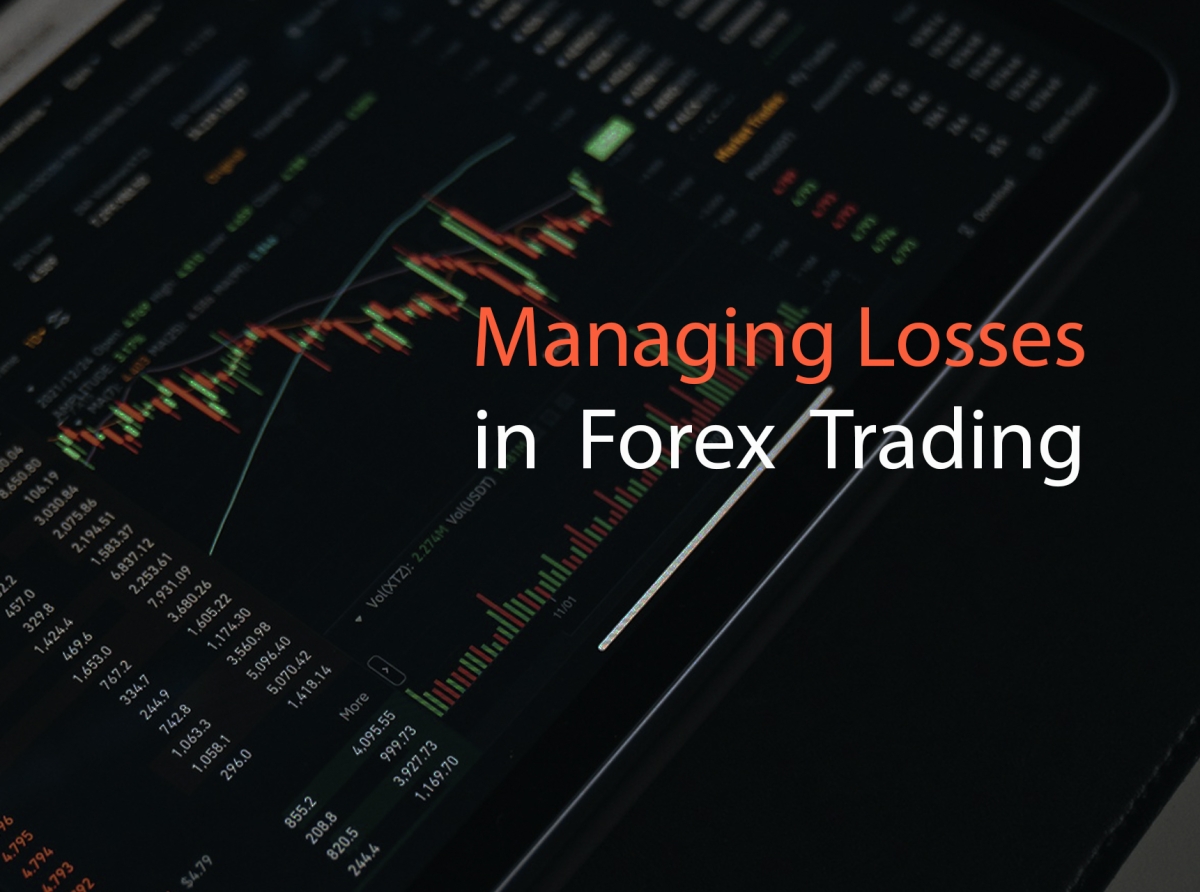
Managing Losses in Forex Trading
Forex trading, or foreign exchange trading, involves the buying and selling of currencies on a global marketplace.
The allure of forex trading lies in its potential for high returns, driven by the market’s 24-hour operation and high liquidity.
However, this potential for profit comes with significant risks. Market volatility, economic events, geopolitical instability, and leverage effects can lead to substantial losses if not managed properly.
Understanding these risks is crucial for anyone looking to venture into the world of forex trading.
The allure of forex trading lies in its potential for high returns, driven by the market’s 24-hour operation and high liquidity.
However, this potential for profit comes with significant risks. Market volatility, economic events, geopolitical instability, and leverage effects can lead to substantial losses if not managed properly.
Understanding these risks is crucial for anyone looking to venture into the world of forex trading.

Managing Losses in Forex Trading
Importance of Risk Management in Forex Trading
Risk management is the cornerstone of successful forex trading. Without a solid risk management strategy, even the most experienced traders can face devastating losses. Effective risk management involves setting limits on how much one is willing to lose on a single trade or over a period of time.This discipline ensures that unexpected market movements do not wipe out an entire trading account.
Furthermore, proper risk management helps traders maintain emotional stability, making it easier to stick to their trading plans and strategies.
Effective Techniques for Limiting Losses
1. Setting Stop-Loss OrdersA stop-loss order automatically closes a trade at a predetermined price level to prevent further losses. This tool is essential for protecting capital and managing risk effectively.
2. Diversification
Diversifying investments across different currency pairs can reduce exposure to any single market movement. This strategy helps spread risk and mitigate potential losses.
3. Using Leverage Wisely
While leverage can amplify profits, it can also magnify losses. Traders should use leverage cautiously and ensure it’s within their risk tolerance levels.
4. Position Sizing
Adjusting position sizes based on account size and risk tolerance helps manage overall exposure. Smaller positions reduce the impact of adverse price movements.
5. Regularly Reviewing Trades
Consistent review of past trades helps identify patterns or mistakes that could be adjusted in future strategies, leading to better-informed decision-making.
Psychological Aspects of Managing Losses
The psychology behind trading plays a significant role in how traders manage losses:1. Emotional Control
Maintaining composure during losing trades is vital. Emotional reactions like fear or greed can lead to irrational decisions that exacerbate losses.
2. Acceptance of Losses
Understanding that losses are part of trading helps traders accept them more easily without deviating from their strategies.
3. Sticking to the Plan
Having a well-defined trading plan and sticking to it despite short-term setbacks promotes long-term success.
4. Continuous Learning
The forex market is constantly evolving; ongoing education about new strategies and market conditions helps traders stay ahead.
Conclusion and Future Outlook
Managing losses in forex trading requires a combination of strategic planning, disciplined execution, and emotional control. By employing effective risk management techniques like stop-loss orders, diversification, wise use of leverage, appropriate position sizing, and regular trade reviews, traders can mitigate risks substantially.
As technology advances and markets evolve, new tools and strategies will emerge to help manage risks even more effectively. Staying informed about these developments will be crucial for future success in forex trading.
In conclusion, while the potential rewards in forex trading are substantial, so are the risks involved. Proper loss management not only protects capital but also builds a foundation for sustained profitability and growth in this dynamic financial landscape.
Forex Trading, Risk Management, Financial Markets, Trading Strategies, Investment Psychology









Report
My comments